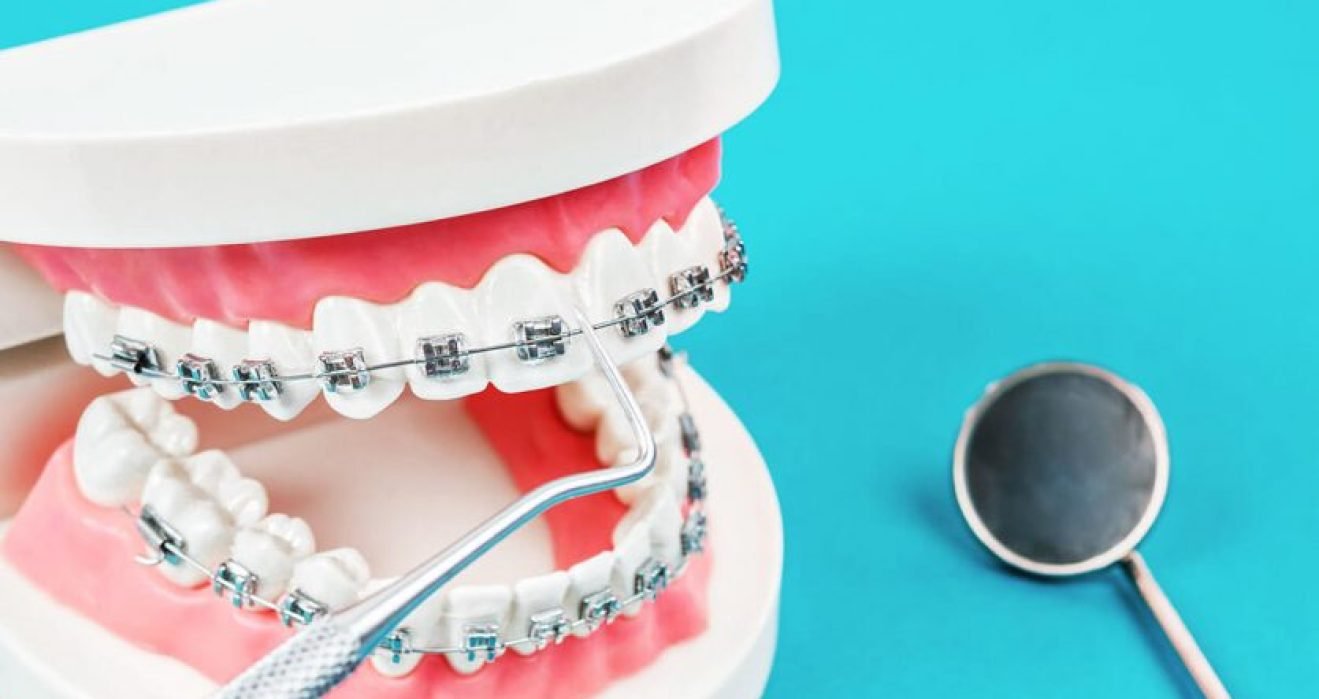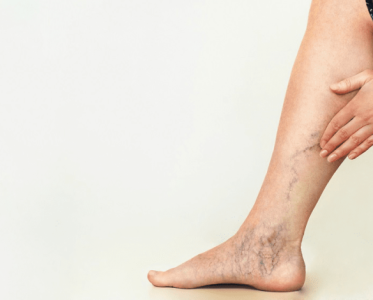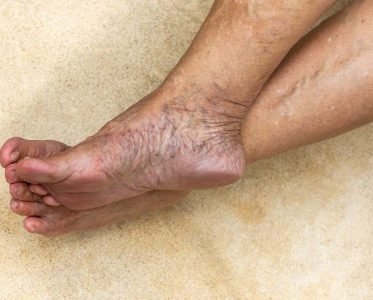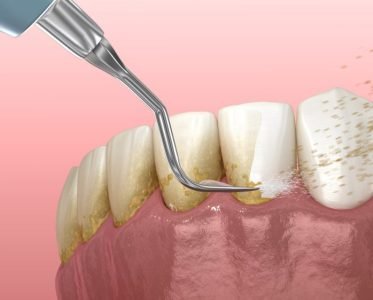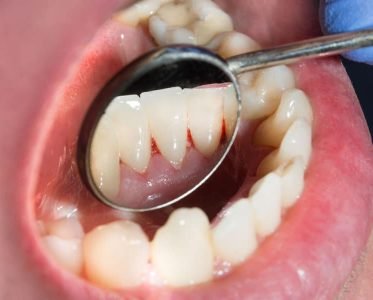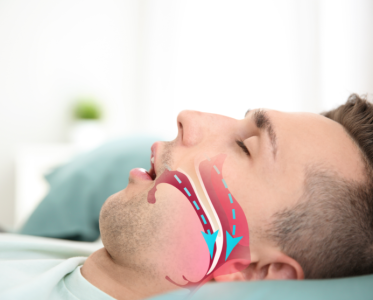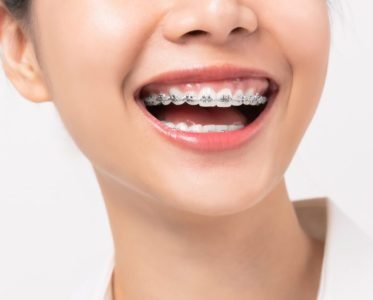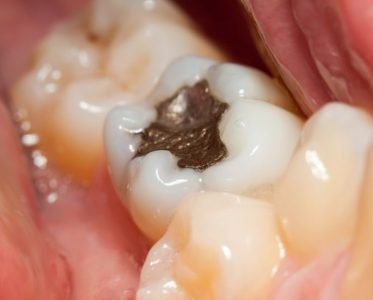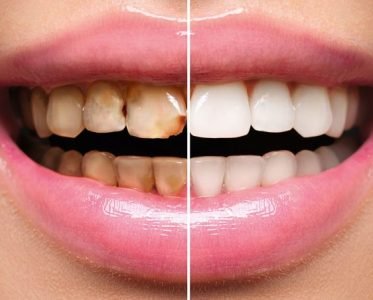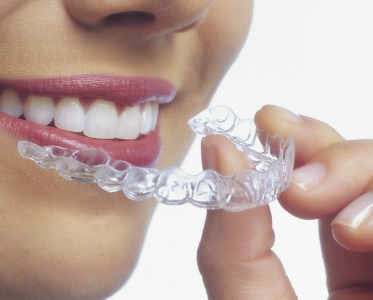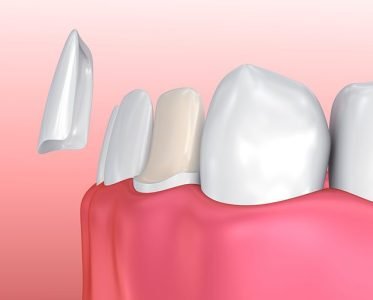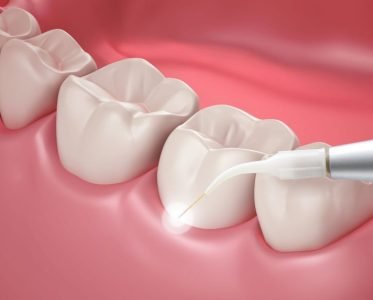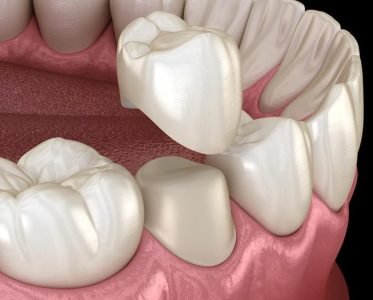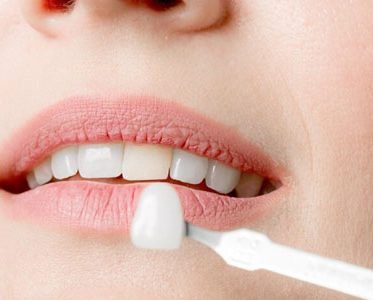Dental braces near me work by putting gentle pressure on your teeth over a period of time to shift them slowly in a specific direction. The bone under them also changes its shape, and braces are made of these things.
Stainless steel
Transparent or tooth-colored materials that adhere to your teeth are known as orthodontic bands. They serve as an anchor for the brackets by encircling each tooth. Although the clear or tooth-colored bands are more expensive than stainless steel, they also look better. Everyone doesn’t get bands, and some have no bands.
Spacers
Miami childrens dentist may place spacers between your teeth to make tiny orthodontic bands.
Arch wires
A dentist for braces near me will attach archwires to the brackets and serve as rails for your teeth as they move. You can find metal bands in archwires; some are transparent or tooth-colored.
Springs
Miami children’s dentist may attach springs to the arch wires between brackets to push, pull, open, or close the spaces between your teeth.
Elastics and rubber bands
Rubber bands and elastics attach hooks to the brackets. They fit in a variety of ways between upper and lower teeth. To get a perfect fit, they apply pressure to move your upper teeth toward your lower teeth. You can pick colors.
Headgear
To rectify bite issues or provide more space for crowded teeth, some people need headgear, a wire device that pulls your top molars further back in your mouth. To keep the facebow portion of your headgear in place, the south Miami orthodontist will attach headgear tubes to two bands on your top teeth.
The remainder of this horseshoe-shaped portion encloses your face and is attached to your head’s back by a strap. If the headgear is necessary, you often only have to wear it at home or when sleeping.
Can people be allergic to some braces?
Some people can be allergic to certain metals, such as nickel. In such cases, you can use other materials. Some people can also be allergic to latex gloves that dentists and their assistants wear. Sometimes braces can irritate gums and cause swelling, and it is not an allergic reaction but something to look out for.
What can we do if a wire or brakes?
Broken brace
Broken braces, loose bands, or protruding wires might be problematic but infrequently necessitate immediate medical attention. But to schedule, an office visit to address the issue, contact your orthodontist. Get assistance immediately if you have a more severe mouth or face injury. To get by with some of the most frequent problems before you can see your orthodontist in Miami, consider the following advice:
Loose brackets
To temporarily reattach these loose brackets, use a small piece of orthodontic wax. You can also cover the bracket with resin to create a barrier between the bracket and your gums and other oral soft tissues. When you obtain braces, your orthodontist typically offers you orthodontic wax.
Broken wire
To transfer the wire to a less obtrusive location, use the eraser end of a pencil. Apply a thin layer of orthodontic wax on the sticking-out end if you can’t get it out of the way. You risk accidentally swallowing or inhaling the wire into your lungs if you try to cut it. Rinse your mouth with warm salt water or an antiseptic rinse if a mouth sore results from the wire sticking out of your mouth. You can also numb the area using an over-the-counter dental anesthetic.
Conclusion
We hope the above information may help you learn some important and beneficial information regarding braces. The above article tells us how braces work and what to do in case of broken braces. For further information, please click on ivanovortho.com.


